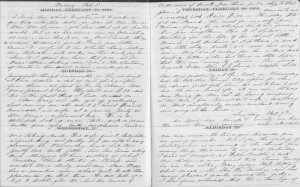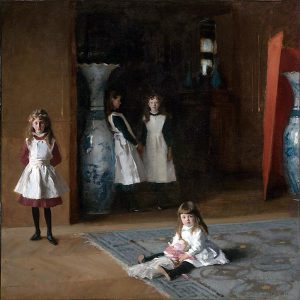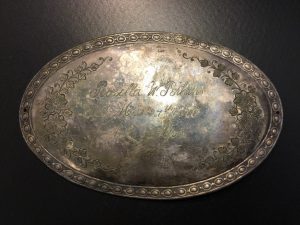
Certain diaries, and their authors, become short-hand for a time and place: Samuel Pepys’s diary of seventeenth-century London, for example, or Anne Frank’s diary of wartime Amsterdam. The diaries of Philip Hone and George Templeton Strong are often invoked to cover the first half of the nineteenth century in New York; for the Civil War years, readers turn to Mary Boykin (Miller) Chesnut’s Diary from Dixie (1905). Although rich in literary resources, Boston lacks such a diary for the mid-Victorian period. Boston men and women of the period wrote enduring works of fiction and non-fiction, but for this generation no Boston diarist has emerged to capture the tone of the times. Continue reading Boston riches





